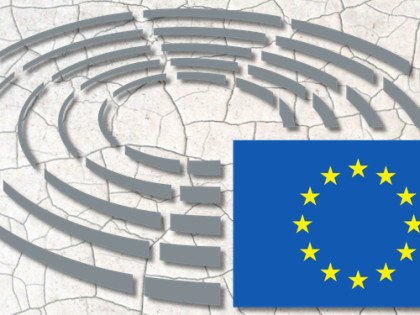Lindsey Stroud writes: “Similar to how government regulations of opioid medications helped to fuel the recent heroin and fentanyl scourges, it seems government restrictions on e-cigarettes to combat the ‘vaping epidemic’ has inadvertently increased combustible tobacco cigarette use among youth. Such is the law of unintended consequences.”
She cites data from Lancaster County, Nebraska, where legislation reduced vape product sales to minors (down from 21.2% to 5.3%) but this was coupled with an increase in teen tobacco purchases going up by over 47%.
“Although preventing youth use of e-cigarettes is a worthy topic of concern for policymakers,” Lindsey says, “data show existing regulations and industry standards are working. Findings from the U.S. Food and Drug Administration’s (FDA) tobacco compliance data indicate there are more violations involving sales of cigars and cigarettes to minors than e-cigarettes.”
The NBER is a non-profit research organisation that is “committed to undertaking and disseminating unbiased economic research among public policymakers, business professionals, and the academic community.”
It commissioned a research project by Dave Dhaval, Department of Economics at Bentley University, along with Michael Pesko and Bo Feng at the Andrew Young School of Policy Studies Georgia State University. It looked at the impact of restricting access to vaping to over-21s in two hundred and twenty-five American localities and two states.
Michael Pesko commented on their findings: “When you make it harder to buy e-cigarettes, the unintended consequence of this action is continuing regular cigarette consumption.”
The team wrote: “Our results suggest that these laws increased youth smoking participation by about one percentage point, and approximately half of the increased smoking participation could be attributed to smoking initiation. We find little evidence of higher cigarette smoking persisting beyond the point at which youth age out of the laws. Our results also show little effect of the laws on youth drinking, binge drinking, and marijuana use. Taken together, our findings suggest a possible unintended effect of e-cigarette MLSA laws - rising cigarette use in the short term while youth are restricted from purchasing e-cigarettes.”
While nobody agrees that non-smoking teens should be vaping, few sensible heads would argue against allowing them to use vaping as a means to switch from smoking. It is clear that the on-going push to restrict access to those over 21yrs simply isn’t working.
Resources:
- The Heartland Institute - www.heartland.org
- The National Bureau of Economic Research - https://www.nber.org
- “The Effects of E-Cigarette Minimum Legal Sale Age Laws on Youth Substance Use” by Dhaval, Pesko and Feng - https://www.nber.org/papers/w23313.pdf
Dave Cross
Journalist at POTVDave is a freelance writer; with articles on music, motorbikes, football, pop-science, vaping and tobacco harm reduction in Sounds, Melody Maker, UBG, AWoL, Bike, When Saturday Comes, Vape News Magazine, and syndicated across the Johnston Press group. He was published in an anthology of “Greatest Football Writing”, but still believes this was a mistake. Dave contributes sketches to comedy shows and used to co-host a radio sketch show. He’s worked with numerous start-ups to develop content for their websites.
Join the discussion
Harm Reduction For The Rich
The United Kingdom risks becoming a harm reduction country only for the wealthy, according to Michael Landl of the World Vapers’ Alliance
Irish Government Pauses New Vape Tax
Irish Minister for Finance Michael McGrath postponed the implementation of a vaping tax over concerns that it would discourage smokers who use e-cigarettes to quit smoking
WHO Told To Modernise Strategy
Modernise your tobacco control strategy, is the call being issued from ‘Quit For Good’ to those in charge at the World Health Organisation
ETHRA Writes to SANT Committee
European consumer advocacy umbrella organisation ETHRA has written to the SANT Committee on non-communicable diseases












